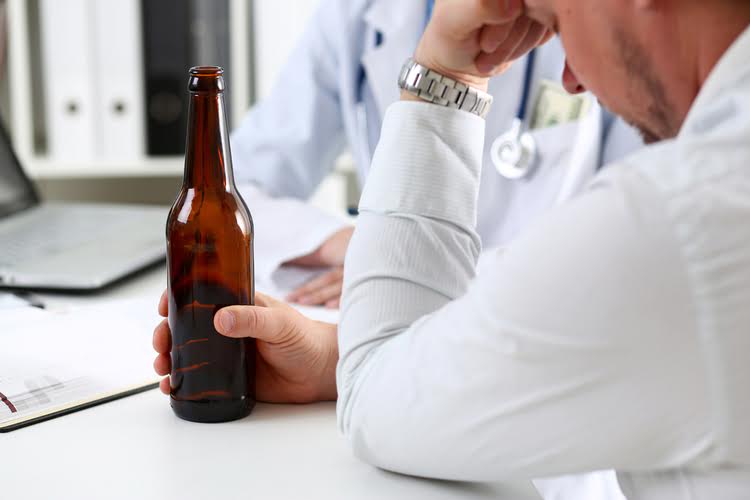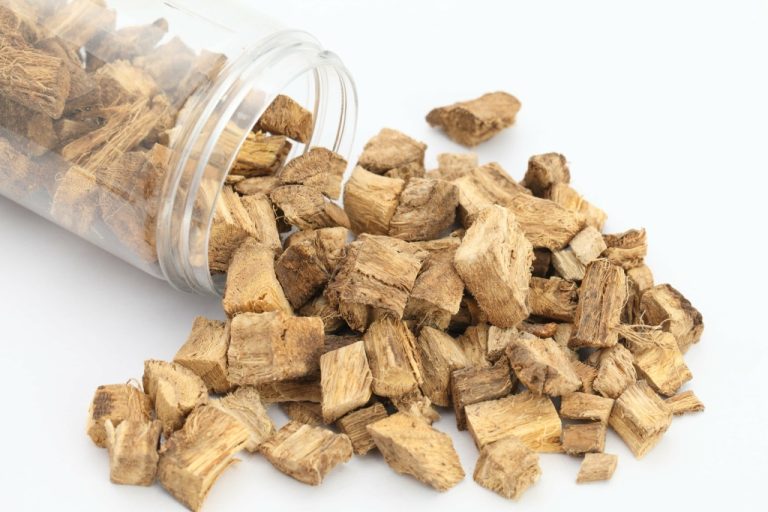Content
Many people with an alcohol addiction are malnourished, and it is possible that your body does not have the nutrients it needs for proper brain functioning. Your brain fog may also be another side effect of the symptoms that accompany withdrawal. For instance, insomnia might make it hard to think well during the day.
Traditionally, patients undergoing alcohol withdrawal brain fog have been treated in hospitals and inpatient alcohol and other drugs abuse treatment programs. Whether or not a person engages in drinking should be a decision they make on their own, or with the help of a doctor or mental health professional. Heavy drinking also may speed up memory loss in early old age, at least in men, according to a 2014 study in the journal Neurology. Some have rather rapid recovery from alcohol related cues while others take a while to recover from their addictive behaviors.
What Factors Impact Withdrawal Severity
The first several months after having COVID-19 should be spent trying to resume prior activities as much as possible. If there is a new physical or cognitive symptom post-COVID-19, be patient with yourself and gradually reintroduce the exercise or activity at a slower pace over several weeks. Remember that the brain heals over months, so try not to become frustrated. Implement the lifestyle changes discussed above and rest assured you are maximizing your potential recovery. Many strains, too, range from types with a psychoactive effect for focus and alertness to others that make people sleepy. Sunlight doesn’t only set your circadian rhythm, it also aligns every cell in your body’s 24-hour clock.
What helps with brain fog after drinking?
Focus on rehydrating your cells, especially if you're struggling with brain fog. If you are prone to hangovers or are have drunk drinks with high congener content such as whiskey, tequila and cognac, try having a glass of water in between the drinks," says Seharawat.
“Often when people start drinking, they drink to feel good—but as they drink more chronically, they have to drink to avoid feeling bad.” The brain’s hippocampus region—which helps create new memories—is also affected by alcohol, which contributes to blackouts and short-term memory lapses while drinking. According to a 2020 review in the journal Alcohol Research, men and women experience alcohol-induced blackouts at equal rates, even though women tend to drink less often and less heavily than men. Still, the damage done by alcohol is particularly problematic because some of the shrinkages are almost certainly due to cell death. Once damaged brain cells die, the consequences are irreversible.
Your 5-Minute Read on Fighting Brain Fog
Even with intermittent binge drinking, memory, motor function and problem-solving abilities are affected. Scientists are learning that neural pathways and white matter do have regenerative properties; however, long-term sobriety is required to fully restore mental clarity. Like other withdrawal symptoms, brain fog will alcohol brain fog start to go away with time and patients should see improvements the longer they are in recovery. This brain fog in recovery results from the brain adjusting to functioning without the substance it has become dependent on. Alcohol withdrawal brain fog is a common symptom in the early stage of quitting alcohol.
It is less able to suppress a desire to drink until the brain has recovered. The reason for this is that alcohol has harmed the brain’s cognitive function. Ende and her team now believe that any good alcohol treatment should last at least two weeks. You might start to notice memory problems, poor motor skills, and slow reaction times.
Find Healing At Renewal Lodge
Another 2003 study in the journal Neuropsychopharmacology found that people are less alert when they’re hungover. That may be why a hangover makes it feel like you can only handle binge-watching The Great British Bake Off, moseying outside to get a breakfast sandwich, and not much else. This level of addiction care addresses physical and psychological withdrawal symptoms, including brain fog. After the first few days of recovery, you will start to notice that the brain fog seems to lessen. While you might not feel up for your typical Sunday morning spin class, a walk around the block helps when you have a hangover.
William incorporates his knowledge of 12 step recovery and mindfulness practices to help clients establish recovery by helping them stay engaged in a new way of life. Chance is also responsible for organizing alumni sweat lodge events. William has been sober since November 2018 and found his way into the addictions treatment field shortly after. Chance is happily married with two daughters with whom he lives in Austin, Texas. Plus, being hungover makes it even harder for your brain to do its job. A 2009 study in the International Journal of Neuroscience found that hangovers have a negative effect on cognitive functions — including visual, memory, and intellectual processes.



Deixar um comentário